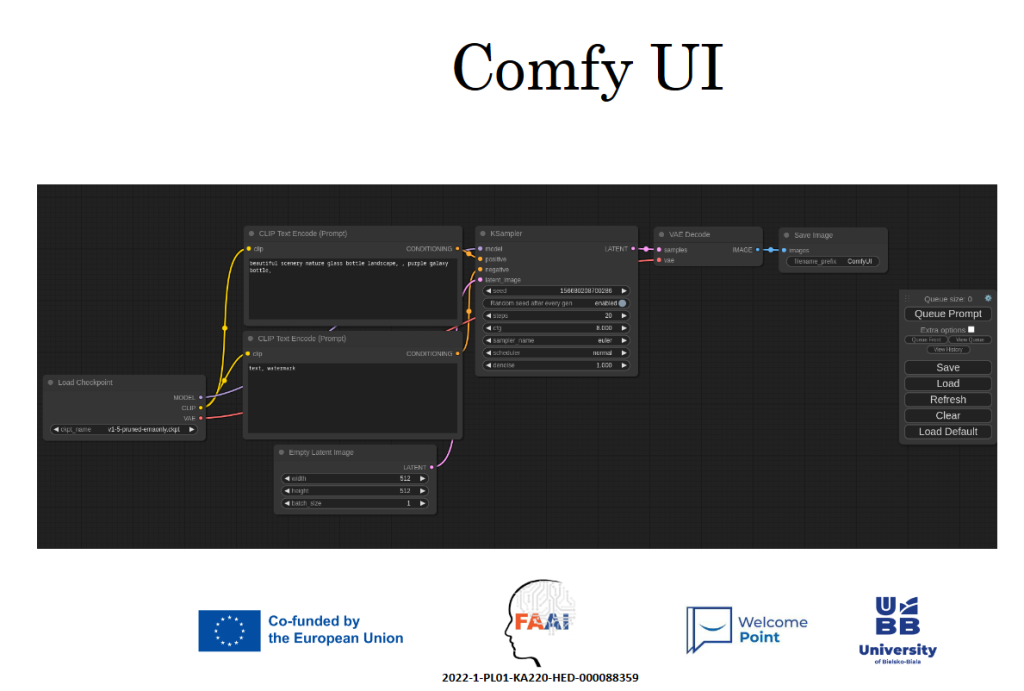Collecting Good Practices in Applied AI using questionnaires
The work is fulfilled within the framework of Erasmus+ project “The Future is in Applied Artificial Intelligence” (FAAI) and devoted to the development the methodology for collecting and analyzing good practices in the field of applied artificial intelligence (AAI) regarding the competences, training, existing solutions and real cases, which can be used for developing training courses of competence based education. The empirical methods used in the research of good practice in AI include a group of methods associated with the study and generalization of competencies, advanced pedagogical experience, as well as with the study of AI solutions in the science and industry. The following groups were researched to improve the study:

The obtained data collection can be aquire here:

